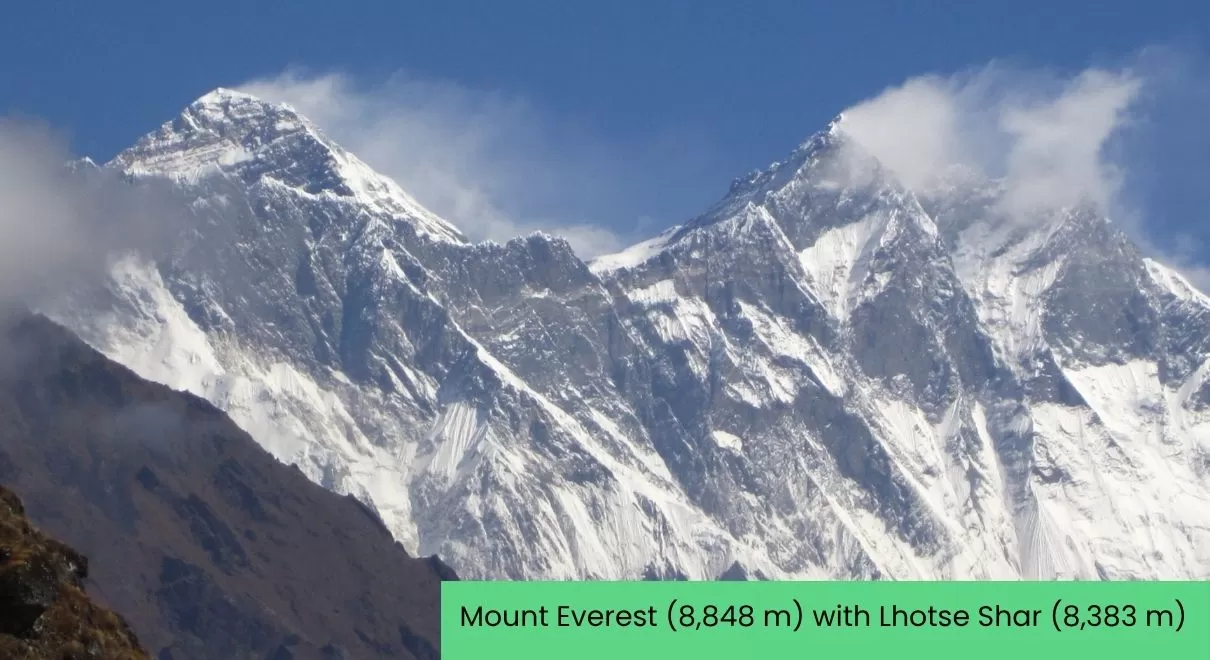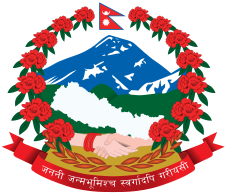How Long is the Hike to Everest Base Camp

How Long is the Hike to Everest Base Camp: Your Complete Planning Guide
Suppose you are dreaming of standing at the base of the world's tallest mountain. In that case, you may be thinking about how long the hike to Everest Base Camp is, and this iconic trek is one of the top bucket-list hikes in the world, so researching the time commitment is important for the planning process. Whether you are looking up how long the hike to Everest Base Camp is or how long the hike to Mt. Everest Base Camp is, this guide will provide you with everything you need to know about the time it takes to trek, variations in time, and factors that affect your trek time.
Typical Duration: The Traditional 12-14 Day Trek
The typical answer to how long the hike to Everest Base Camp is is often 12 to 14 days for the complete round-trip journey. This is the case because this period includes the important acclimatization days that are vital to your safety and success at altitude, and there are approximately 80 miles (130 km) round-trip from Lukla with 12-14 days of full-on trekking within Sagarmatha National Park.
The classic itinerary follows this general pattern:
- Days 1-2: Fly to Lukla and trek to Namche Bazaar
- Day 3: Acclimatization day in Namche Bazaar
- Days 4-5: Trek to Tengboche and Dingboche
- Day 6: Acclimatization day in Dingboche
- Days 7-8: Trek to Lobuche and Gorak Shep
- Day 9: Everest Base Camp day and return to Gorak Shep
- Days 10-12: Return journey to Lukla
Alternative Trek Durations
Shorter Options (7-10 Days)
For those who have hiked comfortably at high altitude, have very good fitness levels, and have experience in trekking and climbing, shorter options are also available:
7-Day Express Trek: This is a trail designed for experienced trekkers without the acclimatization days built into the itinerary. However, this option does greatly increase the risk of altitude sickness and should only be considered for those with significant experience in mountaineering.
10-Day Trek: This is a middle ground, shorter but not as short and more achievable than the 7-day trip. The 10-day trek does not have much acclimatization time with an even higher fitness expectation than the 7-day trek.
Extended treks (15-18 days)
Most trekkers take extended itineraries, which allow
- More acclimatization days to adjust to elevation.
- Side trips to Gokyo Lakes or Island Peak.
- Longer, more leisurely pace with shortened distances to walk each day.
- More rest days are available for use in photographing and immersing yourself in culture.
Each day on the trek is important to understand so you can answer the question, How long is the hike to Everest Base Camp? Each day varies but is roughly hiking 15 km or 5-8 hours of actual trekking, depending on the pace you choose to set each day.
The standard daily schedule includes
Morning start: Between 7:00 and 8:00 am each morning, start walking after breakfast.
Hiking time: depending on pace and altitude, your actual time may vary; typical time is 5-8 hours of hiking per day.
Afternoon arrival: approximately between 2:00 and 4:00 pm at your next destination.
Evening downtime includes meal times, resting time, and acclimatization.
Level of physical fitness
Your level of fitness will have a significant impact on how long the trek to Mount Everest Base Camp will take. If you are well conditioned, then you may find the standard itinerary manageable, while if you have a normal fitness level, you may have to spend extra days resting.
Weather Conditions
The trek may take longer in poor conditions, such as with the monsoon (June to September) and winter. Some of the following weather may take longer due to:
- Flight delays to and from Lukla
- Slower progress on icy or wet trails
- Additional rest days due to weather
Altitude Acclimatization
The first and foremost guideline when navigating high-altitude trekking is "climb high; sleep low"—the implication is timing. Not only is acclimatization a process that cannot be hurried, but it also allows a 12-14 day process as a comfortably safe minimum for almost everyone.
Group Size and Experience
- Larger groups typically move slower
- Mixed experience levels require accommodation for the least experienced member
- Solo trekkers with guides can maintain more flexible schedules
Planning Your Trek Timeline
Pre-Trek Preparation (2-6 Months)
- Physical conditioning and cardiovascular training
- Gear acquisition and testing
- Permit processing and booking arrangements
- Medical checkups and vaccinations
Buffer Days (2-3 Days)
Always plan buffer days in Kathmandu for:
- Weather-related flight delays to Lukla
- Unexpected itinerary changes
- Rest and recovery post-trek
Total Trip Duration
Including travel time, most international trekkers should plan for
- Minimum: 16-18 days total (including flights and buffer days)
- Recommended: 18-21 days total for a comfortable experience
- Luxury timeline: 21+ days with extended rest and exploration
Seasonal Considerations
Peak Seasons (March-May, September-November)
- Standard 12-14 day itineraries work well
- Better weather reliability
- More crowded trails and accommodations
Off-Season Considerations
- Winter treks may require additional days due to harsh conditions
- Monsoon season creates unpredictable delays
- Some teahouses may be closed, affecting route options
Making the Right Choice for You
When determining how long the hike to Mt. Everest Base Camp is for your specific situation, consider:
- Experience level: First-time high-altitude trekkers should choose longer itineraries
- Available vacation time: Balance your time constraints with safety requirements
- Budget considerations: Longer treks cost more but offer better experiences
- Physical limitations: Be honest about your fitness level and choose accordingly
Conclusion
So, how long is the trek to Everest Base Camp? The answer depends on your trekking experience and fitness level, along with your own personal tolerance for risk. However, the established 12–14 day trek is still the gold standard for most trekking enthusiasts. This timeframe strikes a balance of challenge, safety, and sense of achievement that makes the trek to Everest Base Camp one of the best adventures in the world.
Remember, this trek is not only a journey to a destination; it is also about immersing yourself in an amazing culture, natural beauty, life-changing experiences, and personal growth when trekking through the Himalayas. Regardless of how you choose to approach the trekking timeline, if you properly plan ahead of time and have realistic expectations, your trek to Everest Base Camp will be a trip of a lifetime! Plan your trekking time wisely, prepare well, and have an incredible adventure to the roof of the world!


.png)
.png)






